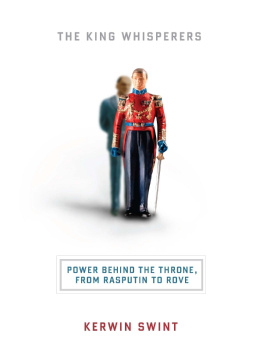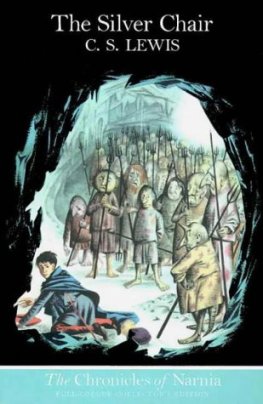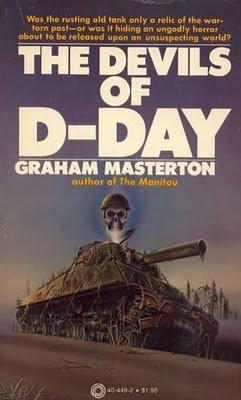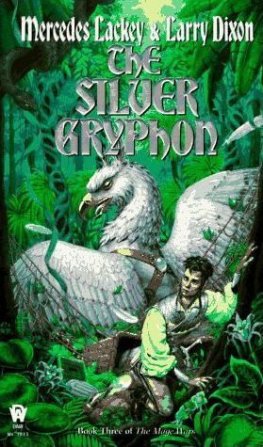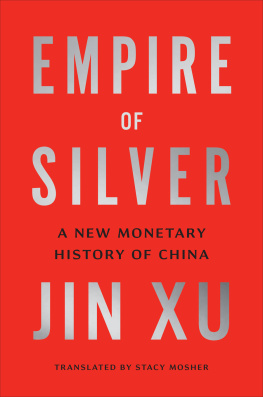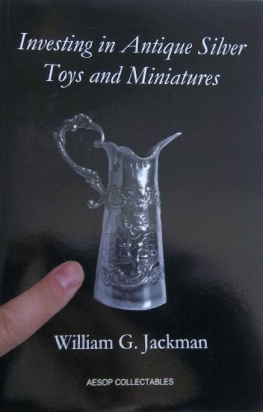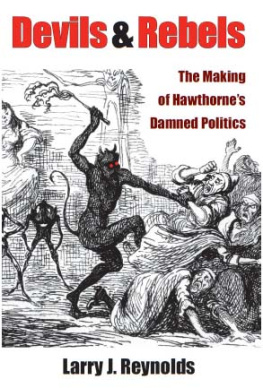
THE KING WHISPERERS
POWER BEHIND THE THRONE, 
FROM RASPUTIN TO ROVE KERWIN SWINT

STERLING and the distinctive Sterling logo are registered trademarks of Sterling Publishing Co., Inc.
Library of Congress Cataloging-in-Publication Data
Swint, Kerwin C.
The king whisperers : power behind the throne, from Rasputin to Rove / Kerwin Swint.
p. cm.
Includes bibliographical references and index.
ISBN 978-1-4027-7201-6
1. Politicians--Biography. 2. Kings and rulers--History. 3. Political consultants-Biography. 4. Spies--Biography. 5. Generals--Biography. 6. Revolutionaries--Biography. 7. Power (Social sciences)--Case studies. 8. Manipulative behavior--Case studies. 9. World politics--Case studies. I. Title.
D106.S8 2011
920.02--dc22
2010039018
10 9 8 7 6 5 4 3 2 1
Published by Sterling Publishing Co., Inc.
387 Park Avenue South, New York, NY 10016
2011 by Kerwin Swint
Distributed in Canada by Sterling Publishing
c/o Canadian Manda Group, 165 Dufferin Street,
Toronto, Ontario, Canada M6K 3H6
Distributed in the United Kingdom by GMC Distribution Services
Castle Place, 166 High Street, Lewes, East Sussex, England BN7 1XU
Distributed in Australia by Capricorn Link (Australia) Pty. Ltd.
P.O. Box 704, Windsor, NSW 2756, Australia
Manufactured in the United States of America
All rights reserved
Sterling ISBN 978-1-4027-7201-6
For information about custom editions, special sales, premium and
corporate purchases, please contact Sterling Special Sales
Department at 800-805-5489 or specialsales@sterlingpublishing.com.
DEDICATION
To Harvey and Ann
We thought, because we had power, we had wisdom.
Stephen Vincent Benet
CONTENTS
I n the summer and fall of 1503, Niccolo Machiavelli represented his beloved Florence in negotiations with one of the most ambitious and dangerous men in Europe at the time, Cesare Borgia, the son of the pope. Machiavelli was trying to determine whether it was in the interest of the Florentine republic to enter into an alliance with Borgia, or to rely on its shaky relationship with the king of France for protection. It was a crucial decision, for if the Florentines resisted Borgia, Florence could not be certain France would come to their aid. But if they joined Borgia and he was not victorious, they would be in an even worse situation.
For guidance, Machiavelli wrote to his friend Biagio Buonaccorsi and asked him to send a copy, posthaste, of Plutarchs masterpiece, Parallel Lives. Why this book? Plutarch compared the lives and careers of some of the great statesmen of the ages, Roman and Greek generals, lawmakers, and rulers. In his series of biographies and analyses, Plutarch explained what these great leaders had in common and probed their major differences. It is one of the most influential works of leadership and philosophy ever written.
Machiavelli wanted to review Plutarchs biographies in order to better understand the motivations and qualities of men like Cesare Borgia. He hoped that by studying the lives of great men of the past, he could decipher Borgias intentions and advise the leaders of Florence on the best course of action.
It is in that spirit that I undertake this project. Use the past to understand the present. As one of the founders of the science of politics, Machiavelli knew that the actions and motivations of historical figures could yield clues to the behavior of others, even present-day political and military leaders. Political leaders and public figures have always looked to the past for inspiration and guidance.
For example, George Washington was introduced to classical literature as a youth, and absorbed the histories and biographies of Roman heroes and poets, such as Seneca, Cato, and Cincinnatus. He was particularly influenced by the exploits of Cincinnatus, the Roman hero who came to the aid of his country in its time of great need. To a significant degree, English monarchs were greatly influenced by the Romans and the Greeks, as well as by their own illustrious predecessors: Henry VIII was an avid student of the histories of Henry V, for instance.
As a youth, Theodore Roosevelt was captivated by the oratory and the exploits of the famed Roman Cicero. Martin Luther King Jr. followed in the footsteps of Mohandas K. Gandhi, whose teachings he praised as the only moral and practical way for an oppressed people to struggle against social injustice. In World War II, legendary tank commanders Erwin Rommel of the German Wehrmacht and George S. Patton of the American Third Army had both read the military treatises of Carl von Clausewitz and studied the battlefield strategies of Napoleon. And modern-day political strategist Karl Rove has long admired the success of Mark Hanna at the turn of the twentieth century.
Thus, there is a well-established pattern whereby each generation examines and considers the circumstances, the thoughts, and the achievements of those who came before. Those who are remembered by history will inevitably, for better or worse, leave a lasting impression on those who follow. The King Whisperersthose who were in a position to influence historyhave much to offer if we only pay attention. This is primarily a book about the struggle for power in hostile environments, and the political cunning of men and women who shaped political events to their liking. The cases in the book do not focus primarily on heads of state or elected chief executives, but on the power behind the thronethe Machiavellis of history. There have always existed individuals who, through a combination of political instinct, personal ambition, and opportunity, have successfully driven political players and systems in a direction that advanced their own interests, whether those interests were personal, ideological, or altruistic. From the Babylonians and the Romans, through the Middle Ages and the Industrial Revolution to the modern age, some things have changed very littlethe nature of humanity, the use of power, and the skillful manipulation of each.
Using case studies and historical analyses, this book will illustrate some of the most dramatic moments in world history and explain how astute political figures were there to seize the day. The examples range from the ancient world to the twenty-first century and cover a wide range of historical events, political cultures, and engaging personal stories. The reader will encounter a number of familiar historical names, but also a few that are less well known. Looking at these historic figures through the prism of both the past and the present gives us more insight into who they were and what drove them. Let us follow Machiavellis example. By exploring the convergence of biography, intellectual history, and the larger geopolitical context in each persons life, perhaps we can gain a better understanding of our own times. Plutarch himself said of his famous work Parallel Lives, The virtues of these great men serve me as a sort of looking-glass, in which I may see how to adjust and adorn my own life.
The King Whisperers will focus on ten distinct categories in order to illustrate the differences in approach, style, tendencies, and situational context of the men and women profiled. Many of the figures in the book are the official Number Two leader or designated successor to a leader, while others are political advisors, powerful court officials, or ambitious schemers. Some were Number Two on their way to becoming Number One. There are also some sections of the book that compare and contrast two or more figures, and there are a few that profile more than one personsuch as the pioneers of Italian independence in the 1800s, or the shadowy figures behind the Nazi Third Reich. But all are devoted to distilling lessons on power and leadership and to capturing the essence of the King Whisperer.
Next page
